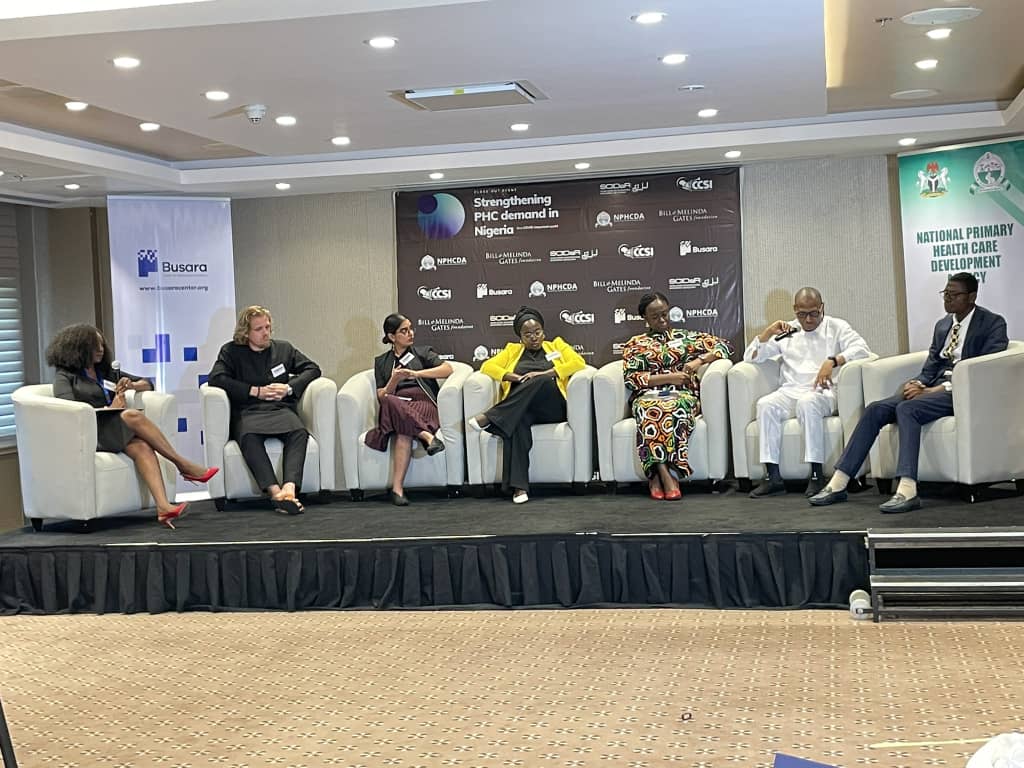
The Executive Director of, the National Primary Healthcare Development Agency (NPHCDA), Dr Faisal Shuaib, has said that the demand for Primary Healthcare services in the country has remained sub-optimal due to poor quality of care, low level of trust in the health system arising from misinformation and disinformation as well as social, cultural and geographical barriers.
He lamented that the outbreak of COVID-19 in 2020 made the situation worse by bringing about social restrictions and heightening public distrust in the health systems.
Speaking at the official close-out ceremony of the Agency’s project on the application of behavioural science to strengthening demand for PHC services in Nigeria yesterday in Abuja, Shuaib observed that the Covid-19 pandemic impacted negatively on health-seeking behaviours and further weight down on demand for services especially at primary health care and community levels in the country.
He stated that as the country stoves through COVID to recover demand for services using the existing structures and strategies, the NPHCDA is also working closely with the Bill and Melinda Gates Foundation (BMGF) on how to explore behavioural science approaches and human-centred designs for more evidence-based interventions that would lead to long term desired changes in health-seeking behaviours.
Shuaib observed that the implementation of the first stage of the project, which included funding for two years to cover start-up support in 2 states Niger and Gombe, commenced in 2021 and commended the BUSARA Centre for behavioural economics for its exemplary leadership of the implementing consortium.
He said: “I also commend other members of the consortium – CCSI, Solina, NTLC and especially, NPHCDA for the excellent job they have done on this project. Based on the mutually agreed milestones, I am confident that the team has made sufficient progress on stage 1 of this project, and should therefore consider taking immediate steps to develop the scale-up plan.
“It is my hope that, as envisioned in this project, its impact will provide more justifications for the institutionalizing of behavioural science in our PHC demand generation strategies from conceptualization to implementation in the future.”
Earlier, the Director, of Community Health Services, Dr Chris Elemuwa, explained that the project was designed to strengthen the demand for primary healthcare services and it has achieved that goal in many ways.
He noted that through the project, the agency has been able to raise awareness about the importance of accessing primary healthcare services and educate communities on the benefits of preventive healthcare.
He said: “We have also been able to provide training and capacity-building programs for healthcare providers and traditional leaders to improve the quality of services they offer. This has resulted in a significant increase in the number of people accessing primary healthcare services, particularly in Niger and Gombe States.
“The success of this project would not have been possible without the support and collaboration of our partners, particularly the Bill and Melinda Gates Foundation. We are grateful for their support and commitment to improving primary healthcare in Nigeria.”



